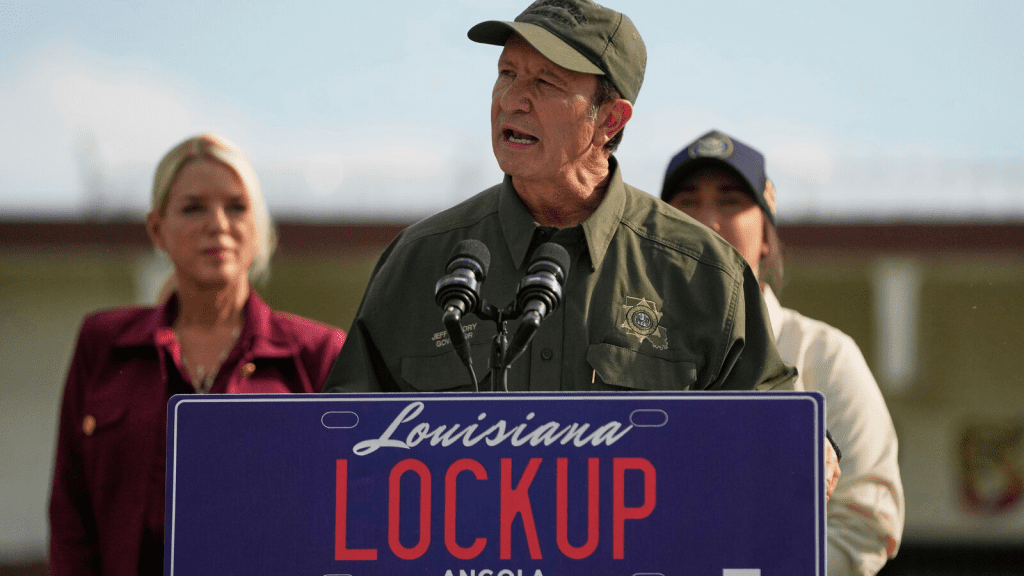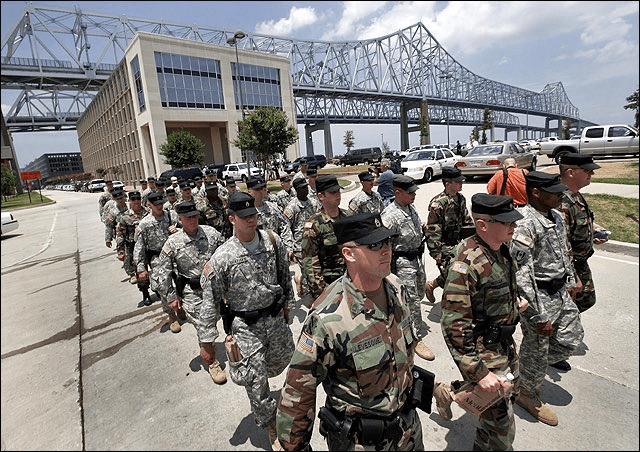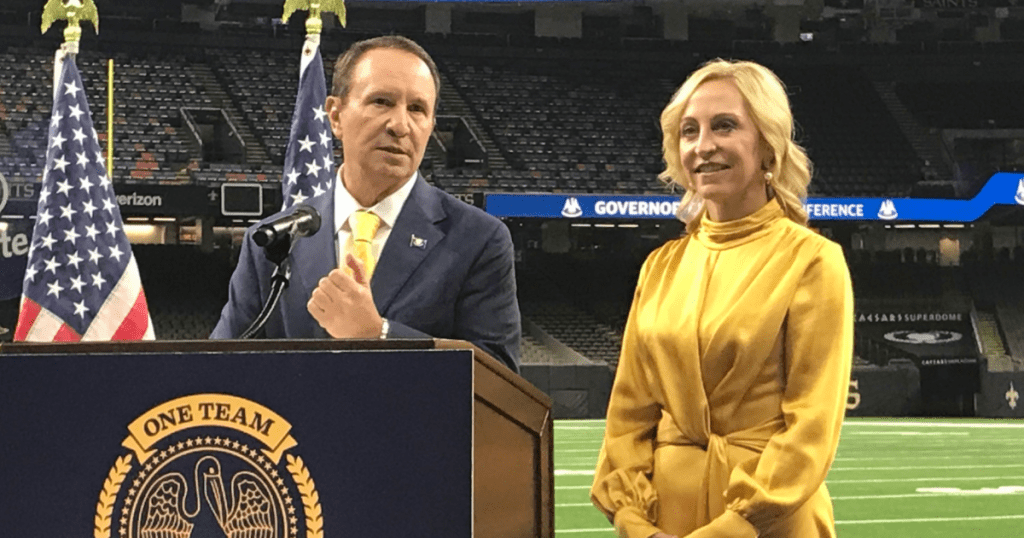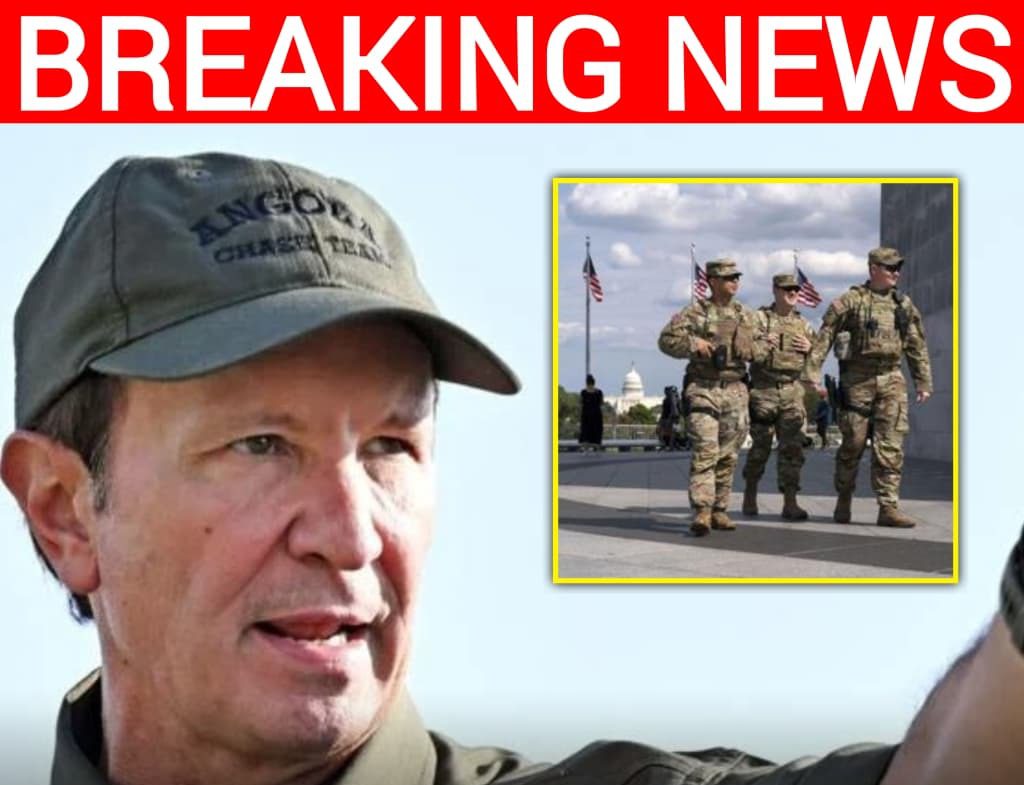Gov. Jeff Landry Orders 1,000 National Guard Troops Into New Orleans, Baton Rouge, and Shreveport to Combat Soaring Crime Rates
Louisiana Governor Jeff Landry has taken a dramatic step to confront the state’s rising crime problem by requesting 1,000 National Guard troops to patrol high-crime areas across New Orleans, Baton Rouge, and Shreveport. The decision comes as violent crime in Louisiana has reached some of the highest levels in the nation. According to the FBI’s 2024 Uniform Crime Report, violent crime in the state is reported at over 1,000 incidents per 100,000 residents, far above the national average of 398 per 100,000. For Landry, the numbers paint a picture of a crisis that local police forces alone have not been able to fully contain.

The move recalls past moments in U.S. history when the National Guard was deployed to deal with public unrest and violence. One of the most notable examples came during the 1992 Los Angeles riots, when 10,000 National Guard troops were mobilized to restore order after riots left 53 people dead and caused widespread destruction. Landry’s deployment is smaller in scale but carries a similar tone of urgency, signaling that the state government believes traditional law enforcement measures are no longer enough to reassure communities or deter crime.
Under U.S. law, specifically the Posse Comitatus Act, the military’s role in domestic law enforcement is limited. However, state governors do have the authority to deploy their National Guard units for public safety under certain conditions. Landry has argued that deploying the Guard is a necessary step to stabilize neighborhoods where residents feel unsafe walking outside at night or even sending their children to school. By putting Guard troops in visible patrols, the hope is to provide both a deterrent to criminals and a sense of protection for ordinary citizens who feel left behind.

The decision comes at a politically charged moment. Democrats across the country have begun to pivot toward tougher crime measures after years of debate surrounding “defund the police” movements. An Axios report from late September 2025 noted that even Democratic lawmakers are now proposing expanded patrols and stricter bail policies, signaling a national shift in how both parties talk about law and order. Landry’s decision therefore lands in the middle of this evolving conversation, pushing the issue into the national spotlight.

Critics, however, point out that violent crime nationwide is not at record highs. In fact, data from the Brennan Center in 2023 showed that crime rates in the United States remain near historic lows compared to the 1980s and 1990s. They question whether deploying the National Guard is a proportional response or a political statement designed to demonstrate toughness on crime. Others raise concerns about the effectiveness of soldiers on city streets, pointing to the potential for increased tension between armed troops and local communities.

Still, many Louisiana residents have voiced frustration over what they see as a lack of urgency from local officials. For them, Landry’s request represents action in the face of rising fear and uncertainty. Innocent people, Landry argues, are losing their lives daily due to violent crime, and bold measures are needed to prevent more loss. For families in New Orleans and Baton Rouge, where headlines about shootings and assaults are common, the arrival of Guard troops could provide a measure of reassurance that someone is taking their safety seriously.
Whether this deployment becomes a temporary stopgap or the beginning of a longer-term security policy remains to be seen. The move highlights the difficult balance between protecting communities, respecting civil liberties, and addressing the root causes of crime. But what is clear is that Louisiana has entered a new chapter in its fight against violence, and the image of National Guard troops patrolling city streets is one that will not be forgotten soon.



